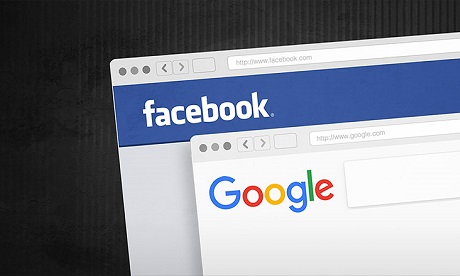Technology giants Google and Facebook have suspended all advertising about Ireland’s abortion referendum.
At present voters are being asked to decide whether to repeal Ireland’s constitutional ban on most abortions.
Google says protecting “election integrity” is behind their decision.
Advertisements on Google-owned companies AdWords and YouTube are included in the ban.
Facebook says its decision to veto ads in the abortion campaign respond to global concerns about online election meddling.
Although Ireland outlaws political donations from other countries, social media advertising is not illegal.
This loophole has allowed US-based anti-abortion groups to buy online ads in Ireland during the referendum campaign.
They have criticised Google and Facebook’s decision, saying it is damaging efforts to preserve the Eighth Amendment to Ireland’s constitution.
The Amendment recognised the unborn child’s right to life.
Pat Leahy, who is the Irish Times’ politics editor, is concerned about Facebook and Google’s decision.
He says it “deprives anti-abortion campaigners of a key element of their strategy for the final two weeks of the campaign.”
Pro-Life Campaign, Save the 8th and the Iona Institute have issed a joint statement on the technology giants’ advertising ban.
“It is very clear that the Government, much of the establishment media and corporate Ireland have determined that anything that needs to be done to secure a ‘Yes’ vote must be done.
“In this case, it means preventing campaigns that have done nothing illegal from campaigning in a perfectly legal manner.”
They say mainstream media is dominated by pro-repeal voices.
This left online media as the only platform they could use to speak directly to voters on a large scale.
“That platform is now being undermined in order to prevent the public from hearing the message of one side,” they say.
The role of internet ads being bought by foreign countries to sway voters is a global concern.
It is said Russian-backed Google and Facebook advertising during the 2016 US presidential campaign influenced voters.
The advertising messages aimed to confuse and disturb Americans on controversial topics.
Both Google and Facebook are trying to improve transparency before the US midterm elections in November.
These include tools to show the home country of advertisers.
Source
